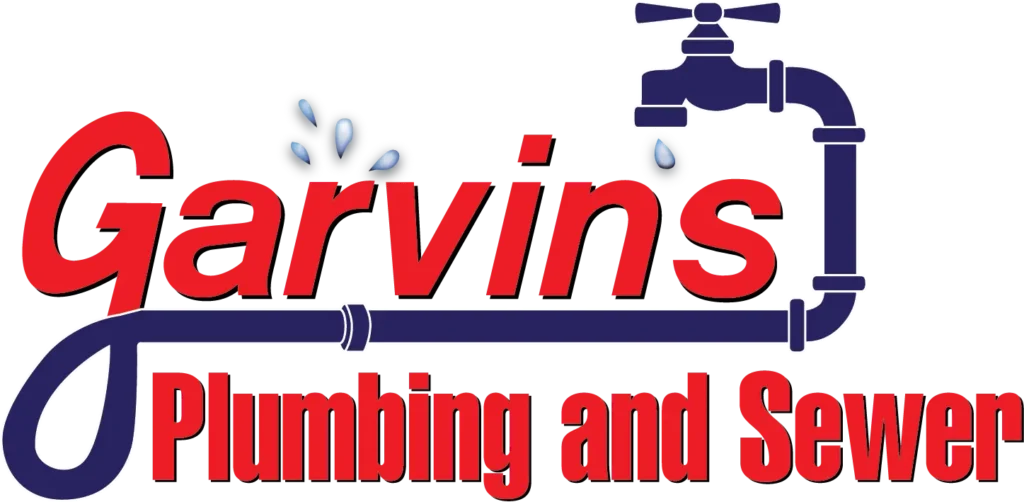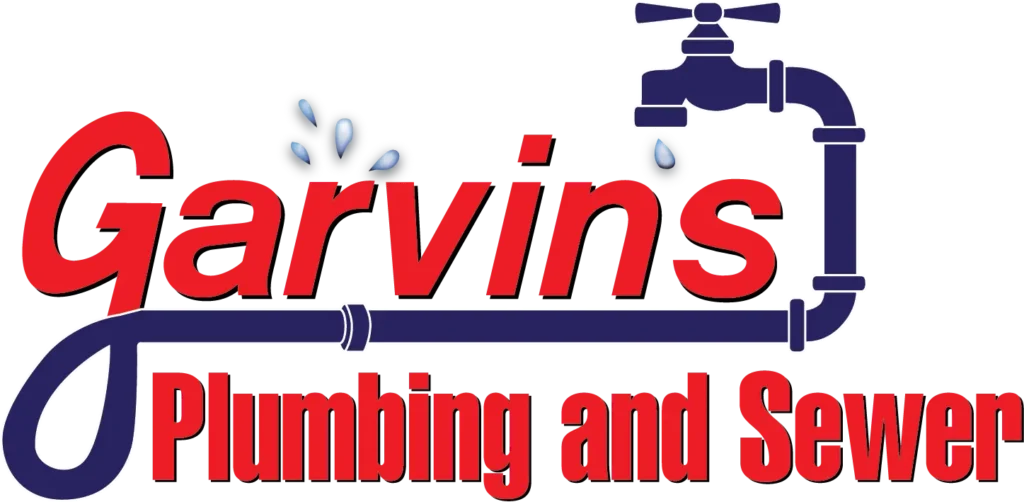
Garvin's Sewer Service
Three Reasons Your Home Needs Water Filtration
What’s in your water? Do you know? Usually we like to inject a little humor into our blog topics. But this time,…

Core Values
Garvin’s Sewer Service Core Values: Safety
At Garvin’s we created a Code of Conduct that includes 6 Core Values. Today we want to explain Safety and what it…




